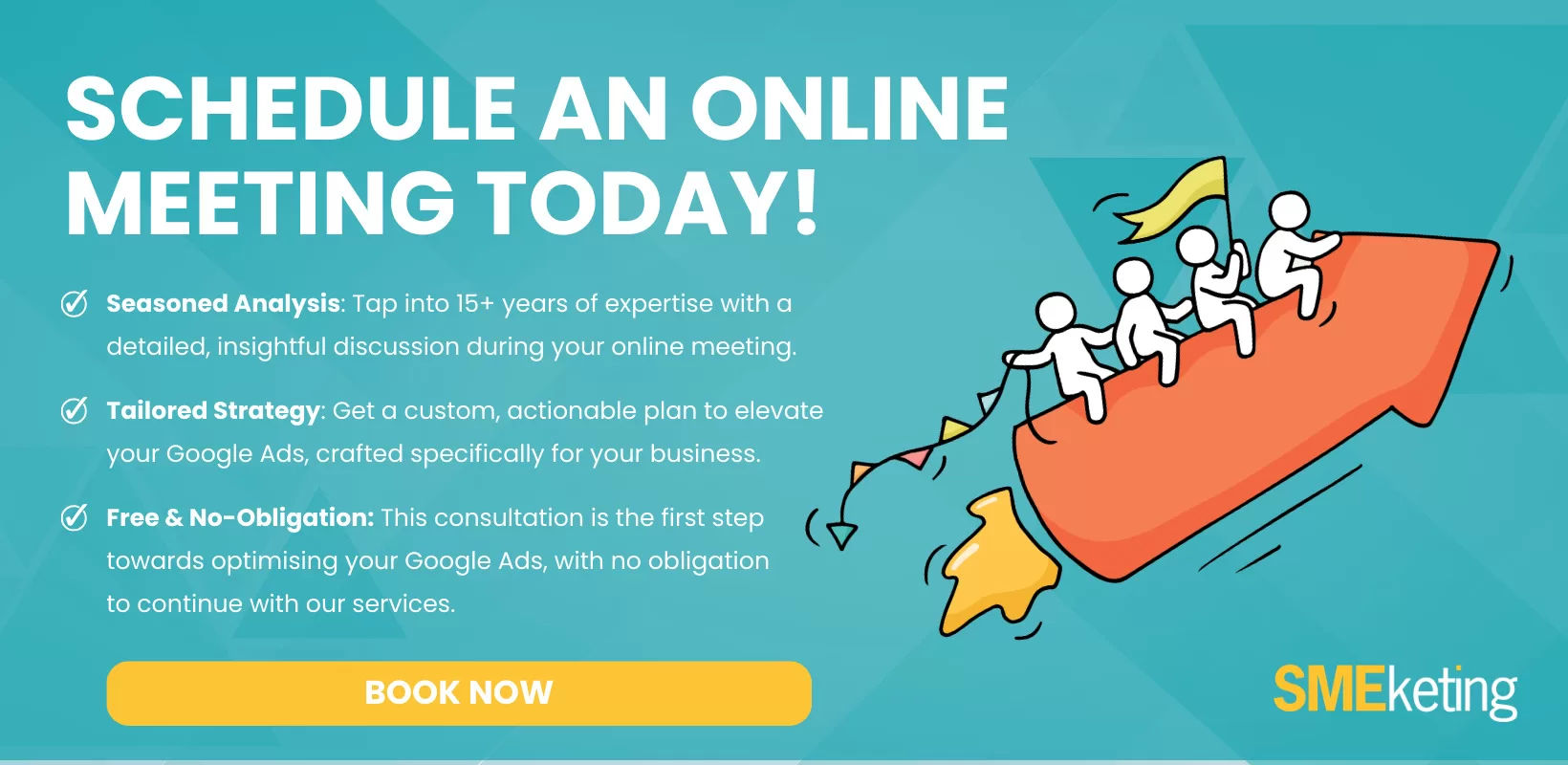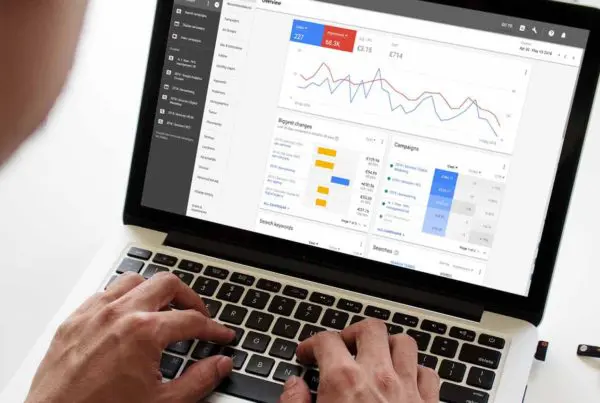If you‘re looking to optimise your Google Ads campaigns and get more out of them, keyword research is essential.
Keyword research is the process of discovering the most effective keywords for your campaigns. It involves researching and analysing keywords that are relevant to your business and finding the ones that have the highest potential to generate clicks, leads, and sales.
If you‘re not sure where to start with keyword research, don‘t worry. Here are five tips to help you get the most out of your keyword research in Google Ads.
1. Understand the Different Match Types
There are three different keyword match types in Google Ads: broad match, phrase match and exact match. Learn more about match types in this article: Google Match Types Explained.
Each one has its own advantages and disadvantages, so you‘ll want to choose the one that best fits your particular needs. Broad match is the most general and it will match to more keywords, while phrase and exact match are more targeted and specific.
2. Utilise Negative Keywords
Negative keywords allow you to exclude certain terms from your campaigns. For example, if you‘re running an ad for a fitness program, you may want to use negative keywords like “free” or “cheap” to avoid your ad appearing for irrelevant searches. This will save you money by ensuring you don’t pay for clicks that won’t result in conversions.
Building a negative keyword list is an ongoing activity for Google Ads marketers. The more negative keywords you add, the more precise your Google Ads search campaign becomes – and it’s likely to lower the overall cost.
Failure to create a negative keyword list can result in your campaign wasting its money on a few expensive keywords that yield little reward.
Learn more about negative keywords in this article: How To Use Negative Keywords To Boost Your Google Ad Search Campaigns.
3. Leverage Keyword Research Tools
There are a number of keyword research tools available that can help you find the best keywords for your campaigns. Google Ads Keyword Planner is a great starting point and other popular options include Moz Keyword Explorer, SEMrush, and WordStream. These tools can help you analyse search volume, competition, and more to find the best keywords for your campaigns.
4. Monitor Your Competitors
Monitoring your competitors is a great way to stay ahead of the game when it comes to keyword research. By keeping an eye on what keywords they’re targeting, you can get a better idea of what keywords are working for them and which ones you should add to your campaigns.
You can learn what keywords your competitors are using by monitoring your competitors‘ campaigns, leveraging keyword research tools, and analysing search engine results pages (SERPs).
By monitoring competitors’ campaigns, you can keep an eye on what keywords they’re targeting and which ones are working for them. Leveraging keyword research tools like the ones mentioned above can also help companies find relevant keywords for their campaigns. Finally, analyzing SERPs can help you identify which keywords are performing well for your competitors and which ones you should add to your campaigns.
5. Test, Test, Test
Testing is essential when it comes to keyword research!
Once you’ve identified a list of potential keywords, you’ll want to test them out in your campaigns to see which ones perform the best. This will allow you to refine your keyword list and focus on the ones that produce the best results. Keyword research is one of the most important aspects of any successful Google Ads campaign.
By following these five tips, you’ll be able to research the best keywords for your campaigns and drive more clicks, leads, and sales.
If you need help managing your Google Ads campaigns and optimising your keyword research, don’t hesitate to get in touch. I can help you get the most out of your campaigns and ensure they’re driving the results you need.
- How to Do Keyword Research for Google Ads - January 15, 2024
- A Comprehensive Guide to Google Ads for B2C Businesses - January 8, 2024
- How to Write Calls to Action (CTAs) for Google Ads - December 25, 2023








